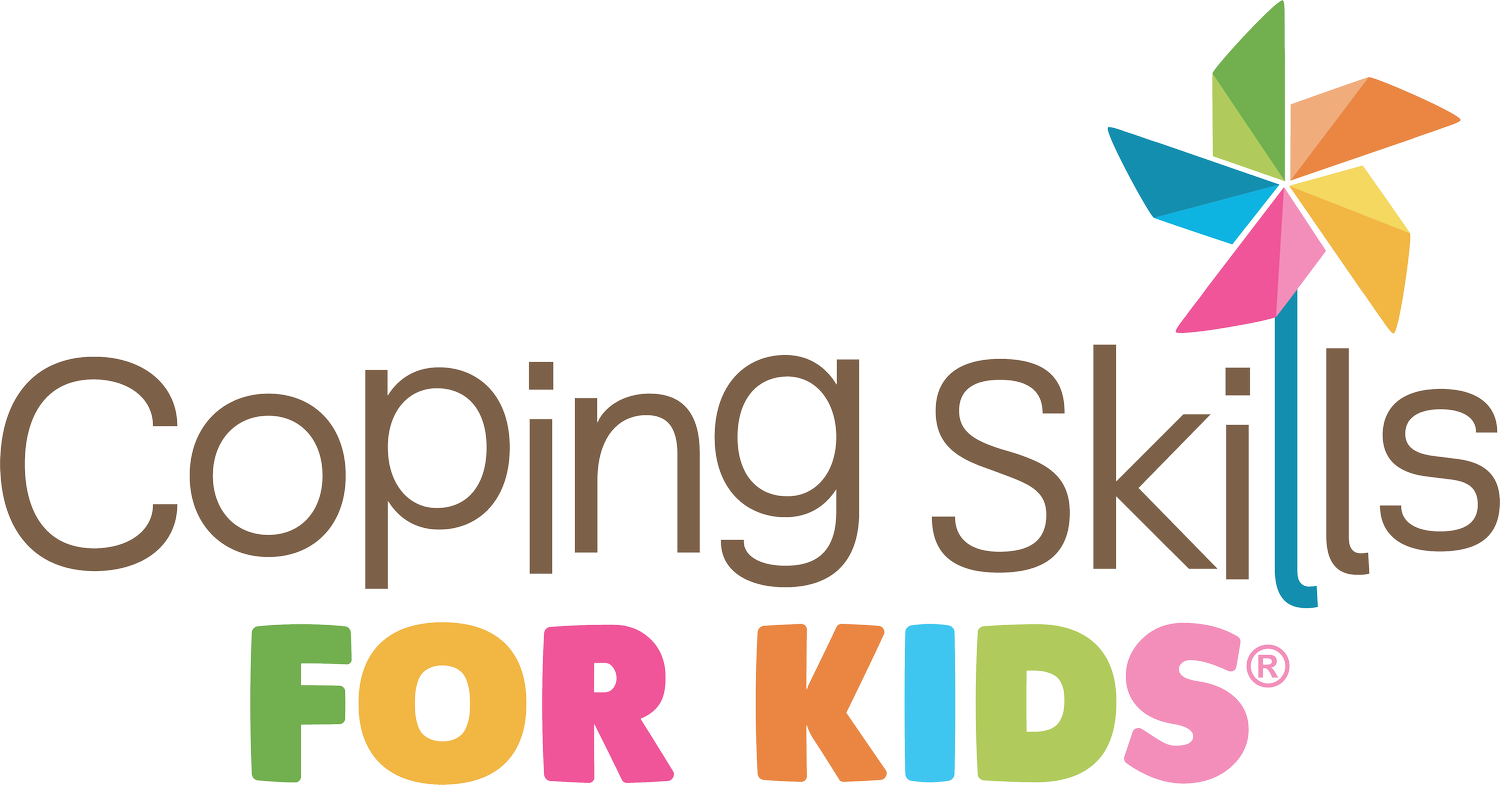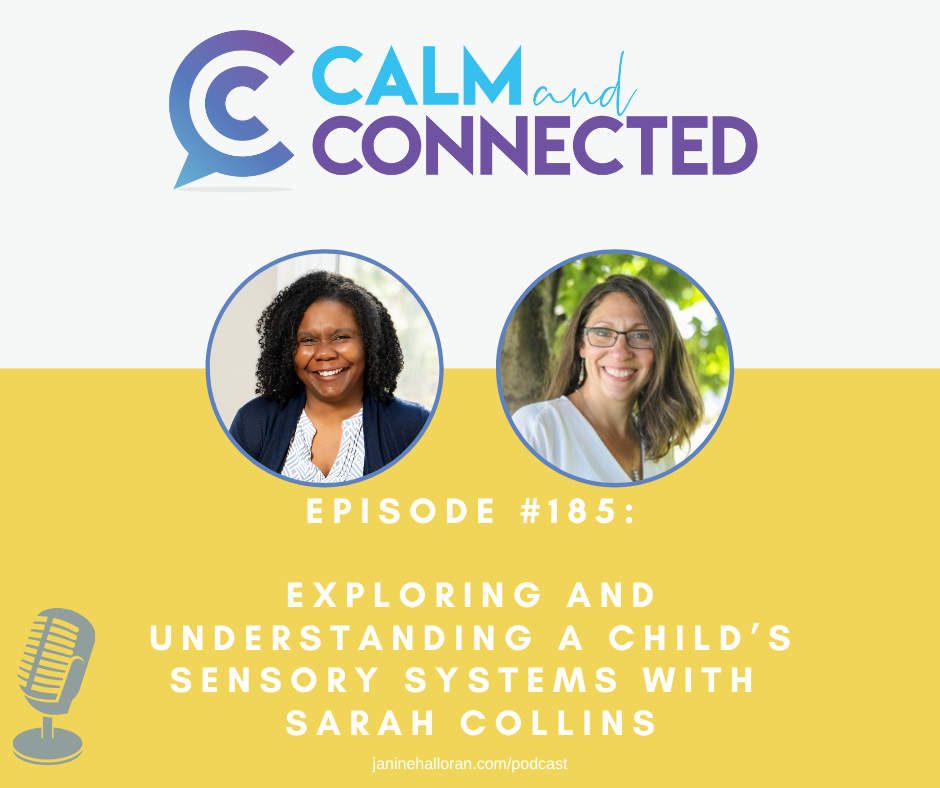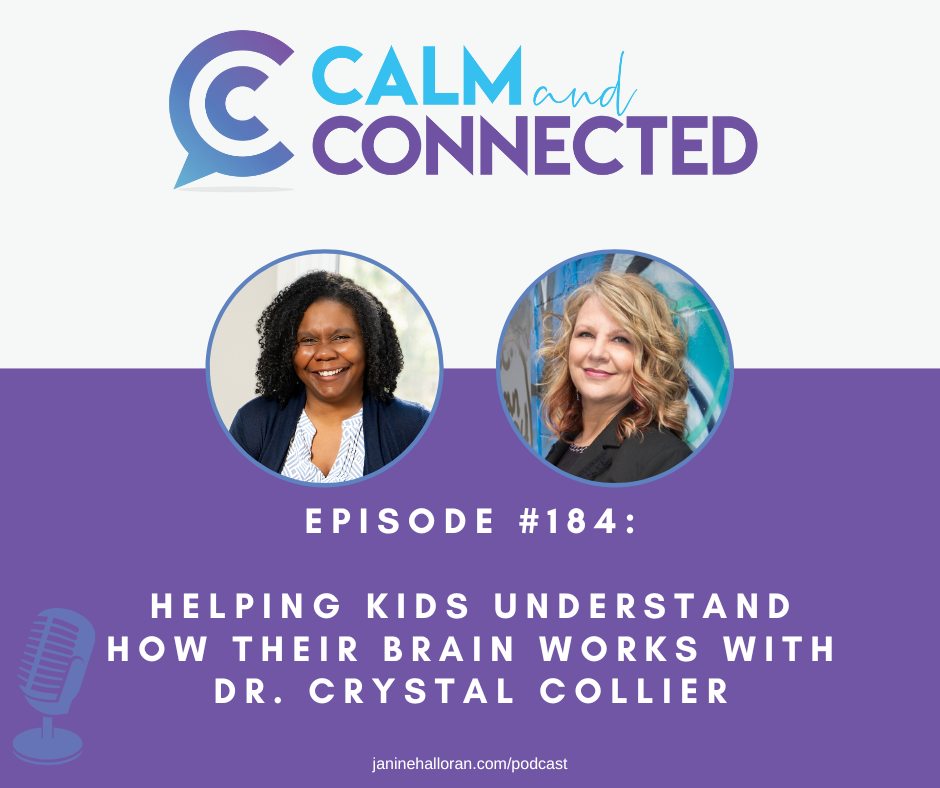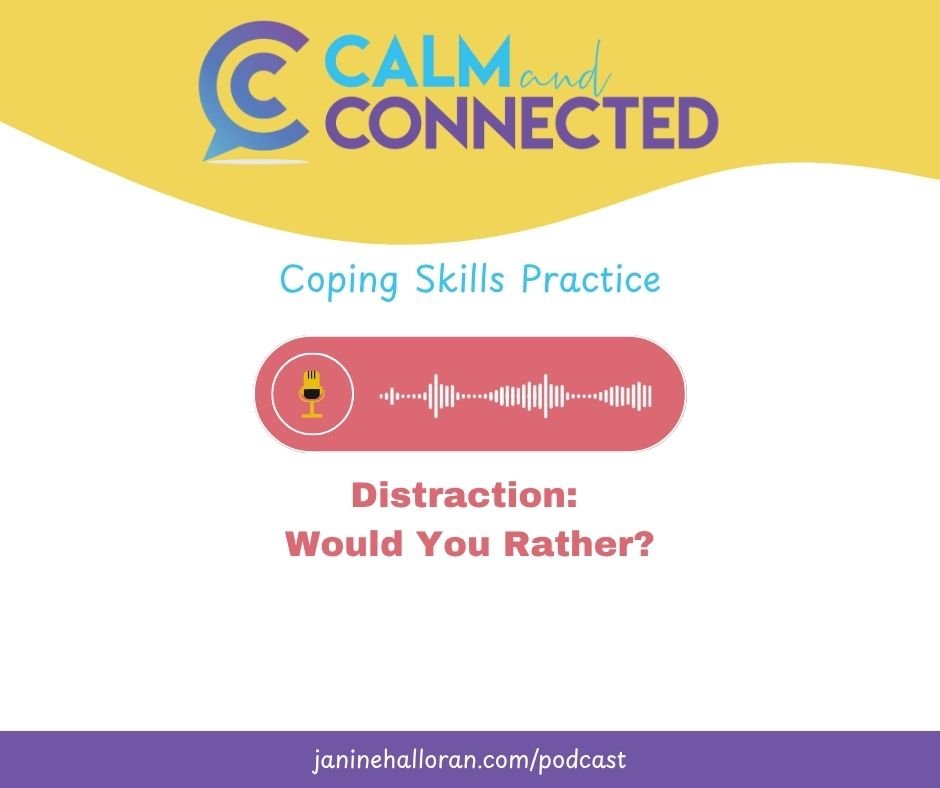I walk through the door and shuffle inside with my gigantic bag from school. I collapse on the couch and I can’t move. I’m emotionally exhausted and drained. Yet, my brain is buzzing with all sorts of thoughts and emotions.
This was me three years ago at the end of the hardest week of my professional life. I was overwhelmed. After sitting and staring on the couch for a few minutes, the next thing I did was reach for my journal and a pen.
Whenever I sit down and talk with someone about their coping skills, one of the first things I ask is if they have tried writing about it. Why do I always start with journaling as a way of processing through difficult feelings?
It’s easier to write about than talk about hard things.
It’s your personal private thoughts. If your journal is private and you feel comfortable that no one will read what you write, then you are free to say everything you really feel - the good, the bad and the horrible stuff you’d never say out loud.
Journaling helps you process what’s happening.
When you write, you mull over things in your head, and it sometimes helps you come to new realizations about the issues you are dealing with at the present time. Or even come to new realizations from issues in the past.
It’s convenient.
It’s always available because it’s portable. You can take your journal anywhere. All you need is a place to write and a pen or pencil. Or if you want to, you can also use a computer. Sometimes people write in the notes section on their phone, or on an ipad or laptop. That’s also portable and convenient.
It’s not graded
You don’t have to use perfect grammar. You don’t even need to use full sentences. You can just write phrases, words or statements. Write whatever helps you work through things.
It can help you solve a problem
Sometimes through writing, you can think outside the box, or consider different strategies for solving a problem you hadn’t thought of before. If you’re struggling to figure something out, writing may help you come up with another idea to try.
It can help you re-frame your thinking
Writing can help you focus on the positives too. Sometimes, it can help to write down 3 things you are grateful for, or write down three things that went well during the past day or week. This is especially helpful if you have been writing about difficult experiences. End the writing session by focusing on the positives.
I stopped writing 45 minutes later. It was cathartic having the thoughts and feelings from my head spill out onto the paper. I was still angry and sad, but I also felt a little less overwhelmed. The week had still happened, but I was able to think about it a little differently.













